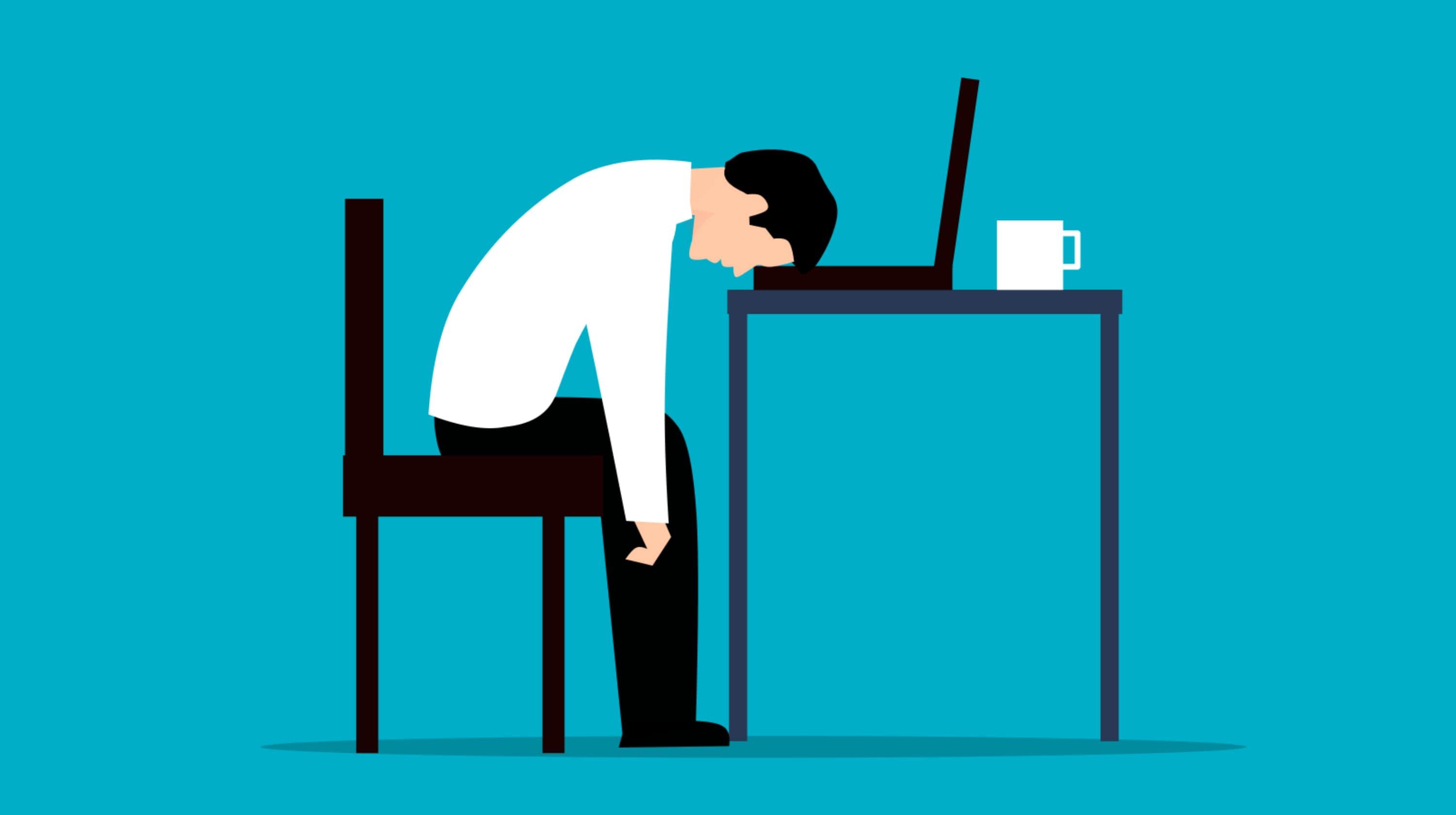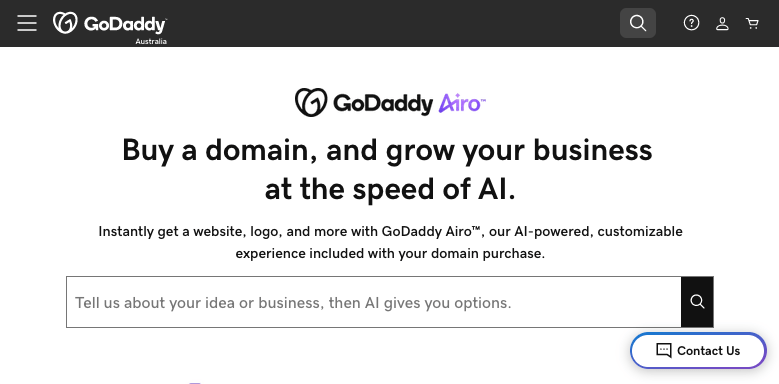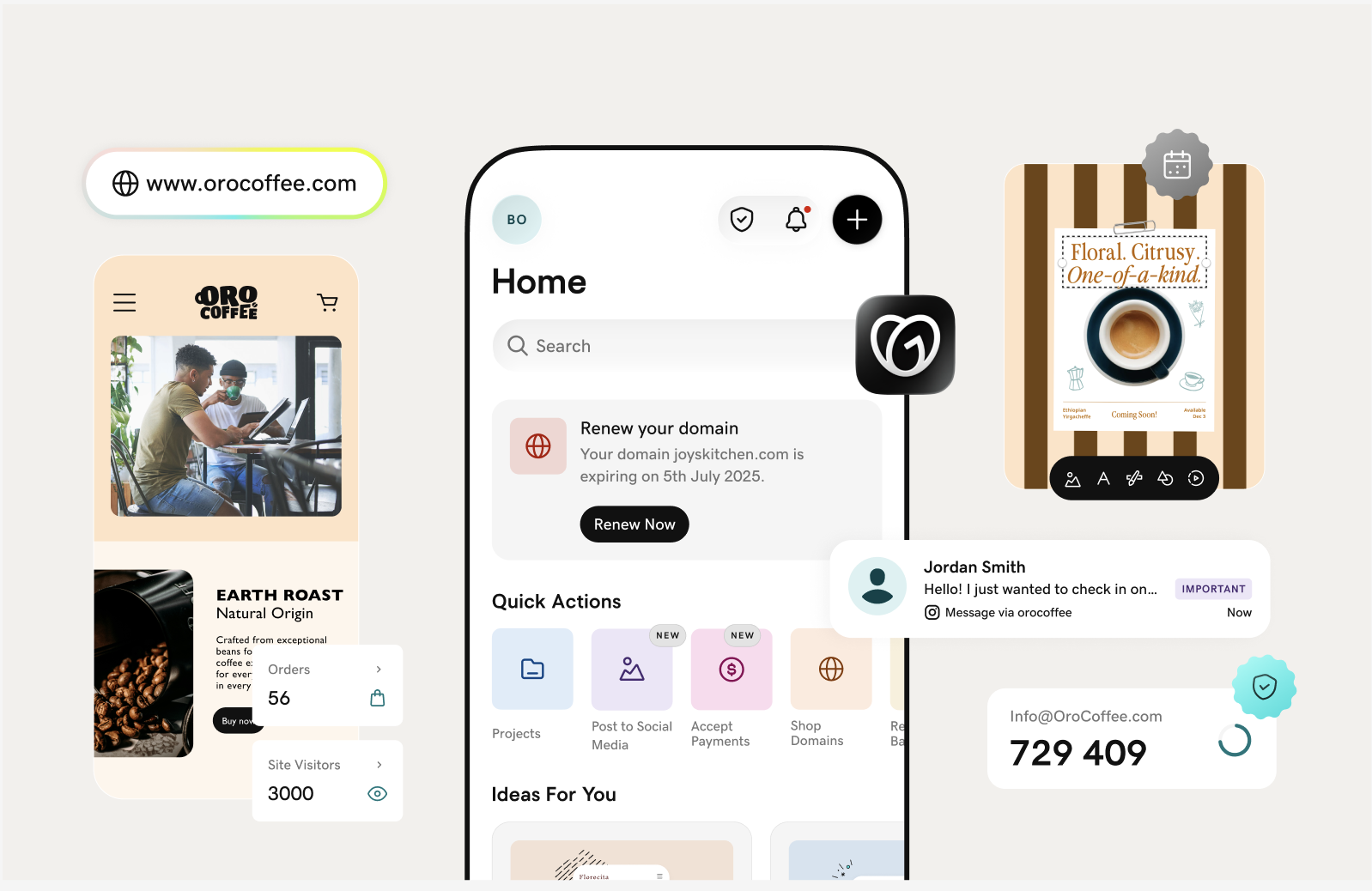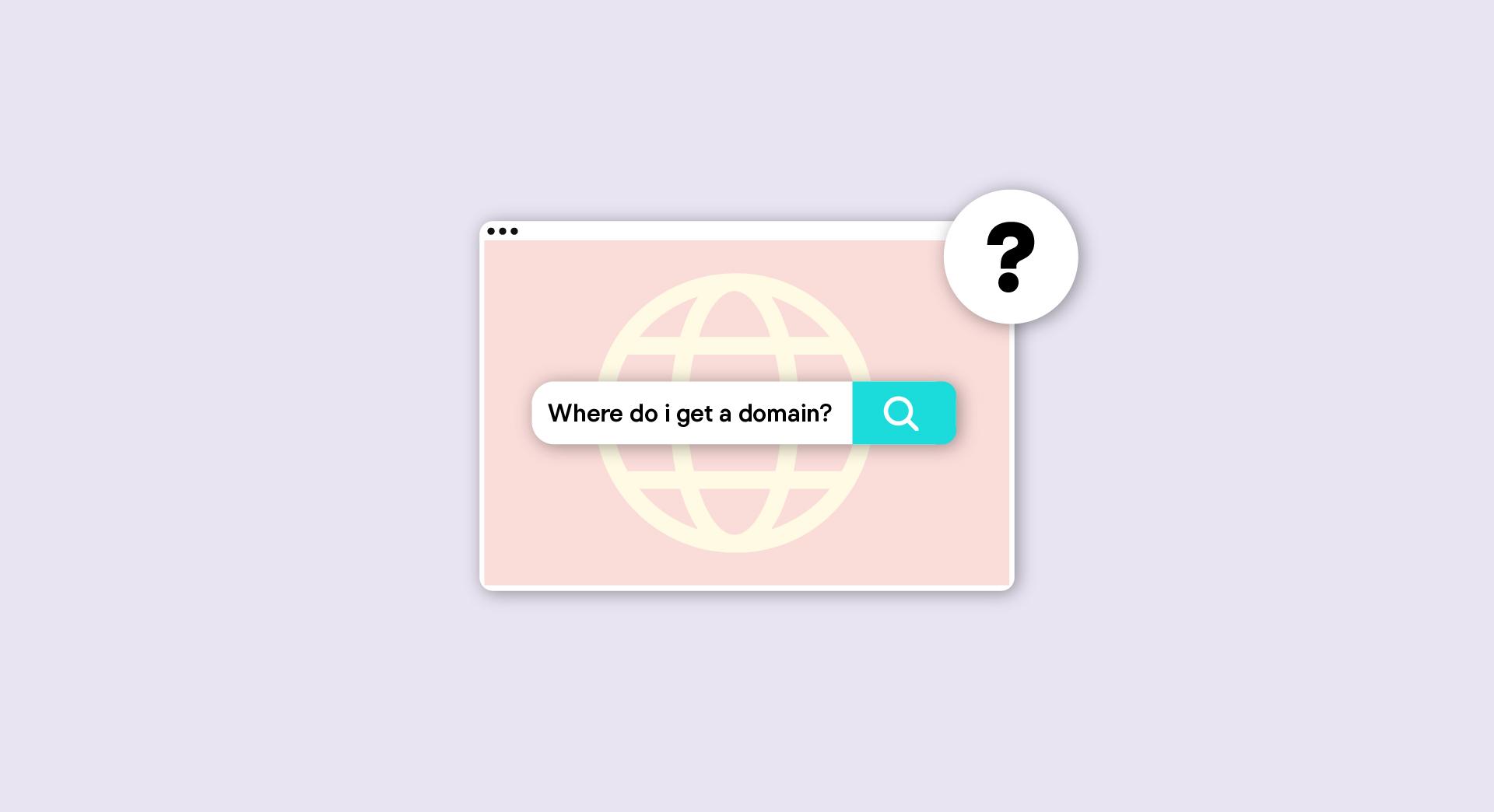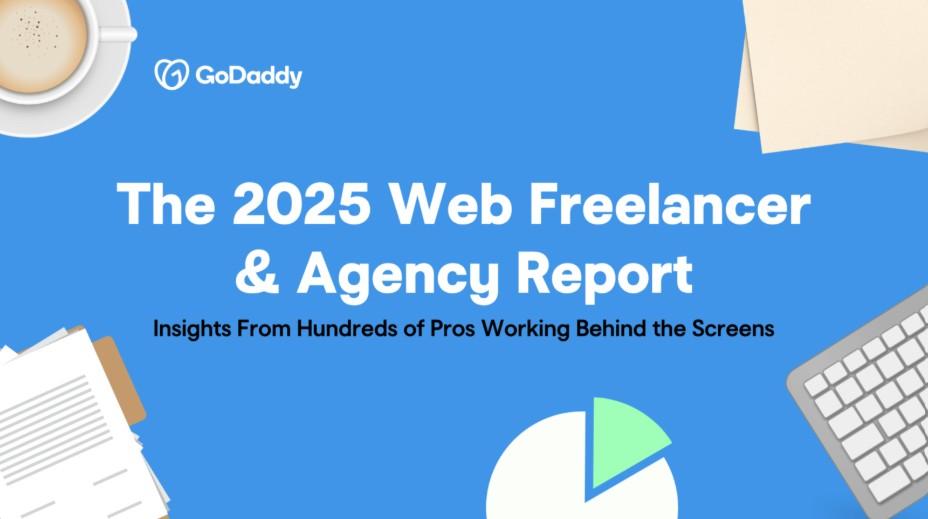Picture the scene. The workday is officially done. Email alerts have been set to silent. Dinner has been cooked and the dishes cleared away. It’s finally time to relax on the sofa with a cup of tea.
Yet there’s a nagging feeling. A discomfort. A little prickle in the chest.
You’re restless because, deep down, you feel like there’s something else you should be doing with this downtime.
This is productivity anxiety – the feeling that you’re never quite doing enough, no matter how hard you try.
According to a recent study from employee recognition platform Workhuman, it’s something that up to 65% of the UK workforce suffers from.
In this article, we’ll dive into the weeds of this topic, looking into everything from the causes of productivity anxiety to the techniques and tools that can be used to overcome it – so you can finally enjoy that cup of tea on the sofa in peace.
What is productivity anxiety?

Productivity anxiety is the feeling that you are never being productive enough.
- It can occur during individual tasks, making people rush or fret that they’re not achieving milestones quickly enough.
- Or it can rear its head during rest time, causing people to feel guilty for not being busy.
There are overlaps between the feeling of productivity anxiety and ‘hustle culture.’ This is a term that describes a world in which busyness in itself is mistaken for productivity and exhaustion is mistaken for accomplishment.
The concept also ties into the notion of the ‘overtime epidemic’ in which – in some cases – workers become competitive over how many hours they spend in the office or at their desks. The underlying belief is that the quantity of hours worked is an outward sign of the quality of their work.
What are the signs and symptoms of productivity anxiety?
Productivity anxiety may manifest itself through some or all of the following behaviours and traits:
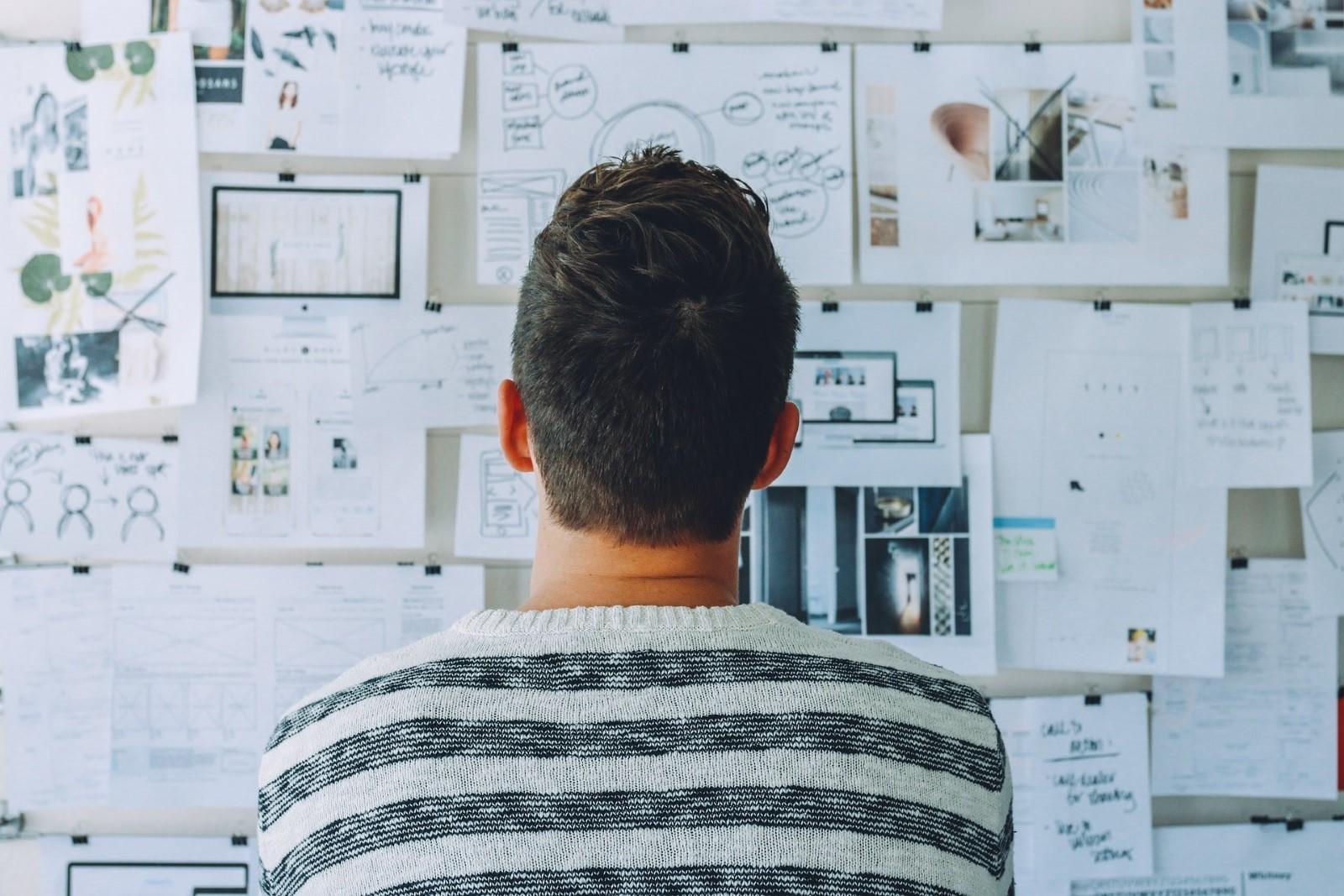
- Difficulty concentrating both at work and at home
- Inability to fully rest
- Feeling guilty during rest time
- Fatigue
- A reluctance to take breaks
- Snappy behaviour
- Negative self-talk
- Headaches and muscle tension
- Worry
- Distraction-seeking and procrastination
- Working excessive overtime
- Neglect of diet
In some cases, prolonged productivity anxiety can combine with other factors to lead to reduced self-esteem and burnout. Burnout is the sense of physical, mental and emotional exhaustion, decreased motivation, and disengagement that can be brought on by overwork.
Who suffers from productivity anxiety?
Anyone can experience productivity anxiety, at any time.
Although it’s been reported that women are more prone to it.

A recent article in Stylist magazine explained:
‘‘Productivity anxiety is worse among women: three in five women (59%) feel they are not able to do, be or achieve enough, compared to less than two in five men (37%).”
It can also be common amongst:
- Start-up owners
- Side hustlers
- Entrepreneurs
The list also includes students, for whom there’s always an eternal reading list.
Related: 37 of the best side business ideas
What causes productivity anxiety?

Several factors can cause productivity anxiety. These include:
Perfectionism: The perfectionist personality trait leads people to set excessively high standards for themselves, which in turn leads to an enhanced fear of failure.
Uncertainty: There are multiple causes of uncertainty in the world of work. For full time employees, everything from vague goals to restructures can cause it. For entrepreneurs, meanwhile, elements like economic changes and contract renegotiations can bring about uncertainty.
Peer pressure: As social animals, humans naturally compare themselves to others. So, seeing a colleague (or competitor in the case of the self-employed) starting work early, working through lunch, or working late, can lead people to think they’re not doing enough by comparison.
Personal coping strategies for productivity anxiety
Here are a few things to try if you think you could have productivity anxiety.
Rethink your attitude to breaks
You may think you don’t have time for a ‘break’ or a lunch hour. But breaking well can be beneficial to both your performance and your wellbeing.
Following a systematic review of 80 studies on workplace break taking, Harvard Business Review recently concluded:
“Taking breaks can help employees to recharge and short-circuit the negative spiral of exhaustion and decreasing productivity.”
Their experts found that:
- Micro breaks (which could simply be a look out of the window) can be just as beneficial as long breaks.
- Short breaks are best in the morning and longer breaks are best in the afternoon.
- A break outdoors, no matter whether short or long, is better than an indoor break.
Scrolling through social media on work breaks can lead to emotional exhaustion.
Work around your energy levels rather than your watch
We’ve all been there. The experience of sitting at a desk, knowing there’s a task to be completed, but there’s a mental block. Or maybe we simply can’t summon the motivation to get it done.
This usually occurs when mental energy levels have been depleted.
The good news is that cognitive energy stores can be restoked.
Productivity research from workforce management app DeskTime found that the most productive people actually work for 112 minutes and then break for 26.
The company’s researchers termed this style of working ‘100% Dedication Theory’ and explained:
“The notion that whatever you do, you do it full-out. Therefore, during the 112 minutes of work, you’re dedicated to accomplishing tasks, getting things done, making progress. Whereas during the 26 minutes of break, you’re completely removed from the work you’re doing – you’re entirely resting.
“None of this checking email every few minutes while you’re on break, and none of this “I’ll just quickly check Facebook” while you’re working.”
Make self-care non-negotiable

The food you eat and the amount of sleep you get massively impacts your productivity. So, factoring in time for rest, nutrition and personal life will benefit you in the long term.
Learn to say no
When your never-ending to-do list looks equator-long, it’s worth approaching it in a different way.
Okay, so you may have 20 tasks to do, but are they all a priority?
Do they all need doing today? Will your company collapse if you don’t do them STET?
Say no to the tasks that aren’t imperative. The no can be temporary – you can schedule them in for later in the week, but you must get used to saying no.
How do you manage productivity anxiety in your team?
Managing productivity anxiety for yourself is one thing. But what if you suspect someone on your team is feeling like they can’t do enough?
✅ Set an example with regard to work-life balance: If you as a boss arrive at the office at 7am and don’t leave until 7pm or later, it sets a precedent to your team.
✅ Champion self-care and a flexible work environment: Take inspiration from the ‘breaking’ and ‘self-care’ advice mentioned in the above section to create a culture of wellbeing in your business. This often leads ultimately to naturally improved productivity levels.
✅ Allow employees to recognise and reward each other: Business reward schemes often celebrate the achievement of goals, the meeting of targets, and the completion of projects, which all feeds into productive anxiety.
If you foster a reward culture in which team members applaud each other, colleagues will often commend supportive, helpful, and morale-boosting behaviours over the meeting of metrics.
How do you balance productivity with mental health?
The key is to understand that good mental health promotes productivity organically. Ultimately, you want to ensure that taking breaks and prioritising your health becomes a habit.
Research from 2009 suggested that it took 66 days to form a habit. However, it’s now believed that the amount of time it takes to habitualise a behaviour depends on the behaviour itself, as well as the environmental factors that surround it.
It’s thought that keeping track of progress, developing a support system, and practicing self-compassion is more important when it comes to forming a habit.
So, if you want to make break-taking and self-care a habit it could help to:
- Set yourself simple rules such as turning off email notifications after 6pm and scheduling at least one break, even if it’s a micro one to begin with, every day. Then reflect on how well those goals went by journaling about them.
- Tell your colleagues and loved ones about your intentions and ask them to check in on you about how your plans are going.
- Don’t beat yourself up when you fall short. Try not to see your achievement of a better balance as another goal you have to hit, or this will only exaggerate your productivity anxiety.
What tools can help with productivity anxiety?
We have a few suggestions here:
Mindfulness
Many people find mindfulness tools beneficial in relieving productivity anxiety. One of these is Headspace, which is designed to help you make meditation a daily habit.
Another is RescueTime, an app that tracks the time you spend on everything from work messaging apps to email communication. This app can help you work out where your time is being sapped to make room for offline and focus time.
Of course, you don’t need any tools at all to help you be mindful. Simple tactics like carrying out regular body scans and engaging in mindful eating are enough to start you on your journey.
To read more about tried and tested mindfulness techniques, visit the Mind website.
Time-saving tools
In today’s world, you don’t have to do everything yourself. There are tools out there that can automate certain tasks in order to effortlessly boost your productivity.
Let’s take the task of setting up a business website.
This job can take weeks in some scenarios, such as briefing a freelance designer or building one yourself.
However, with the help of GoDaddy Airo, you can get a Coming Soon web page live in a few clicks, with the help of AI technology. No productivity anxiety needed.
Start feeling better now
Productivity anxiety impacts more than half the workforce in the UK, but there are ways to combat it.
To eliminate the feeling that you’re not doing enough from your own life you could try to...
- Take micro breaks
- Get outdoors during the day
- Work for 112 minutes then break for 26
- Prioritise self-care
- Say no more
- Turn off email notifications after 6pm
- Use a mindfulness app
And hopefully, you’ll finally be able to rest over that early evening cup of tea.
